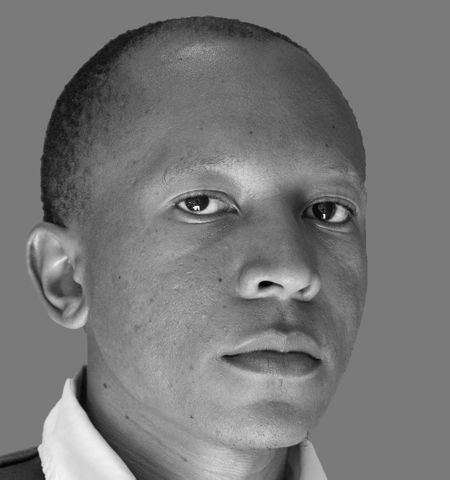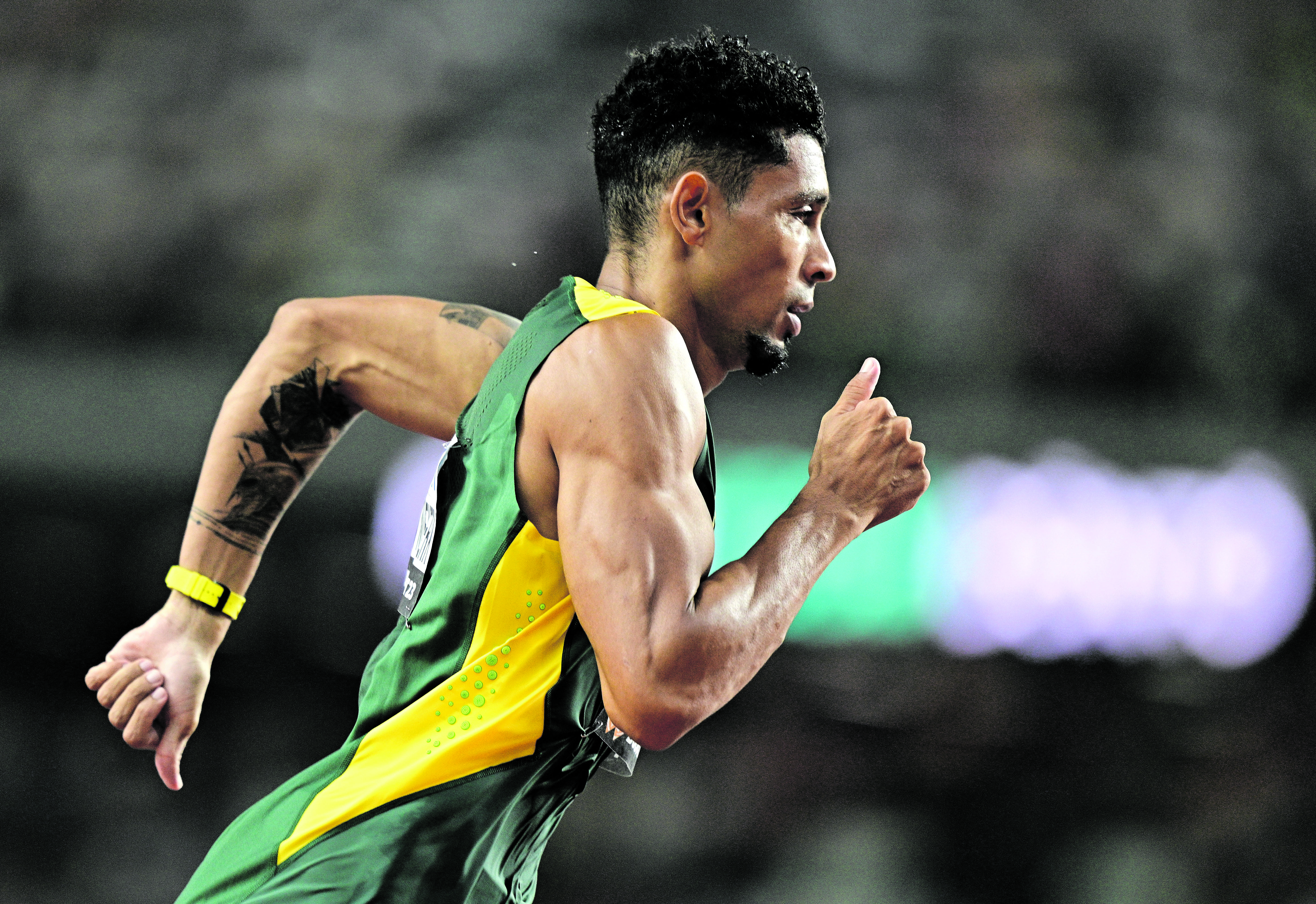The bad news for the Team South Africa athletes as they head to the 2025 World Athletics Championships in Tokyo is that the country has failed to win a medal at the global tournament for the past eight years.
The good news is that this year they have a good chance of breaking that drought.
The last time South Africans were on the podium at the global championships was in 2017 at the London-hosted event, when Team SA won two gold, one silver and two bronze medals.
Varying experience
For the 2025 spectacle, which takes place takes place from 13–21 September, Athletics South Africa (ASA) has confirmed a team of 49.
Team SA is stacked with competitors of varying experience levels. At one end of the spectrum, old heads such as Akani Simbine and Wayde van Niekerk will be present to impart years of knowledge.
/file/dailymaverick/wp-content/uploads/2025/09/2206159727-1.jpg)
Less experienced athletes such as 400m starlet Leendert Koekemoer and shot put sensation Miné de Klerk will be out to announce their capabilities on the global stage.
There are also stars such as 400m sprinter Zakithi Nene, Olympic silver medallist Jo-Ané du Plessis and 10,000m national record-holder Adriaan Wildschutt.
/file/dailymaverick/wp-content/uploads/2025/05/2214527571.jpg)
/file/dailymaverick/wp-content/uploads/2025/09/2219833767.jpg)
“There’s always potential. If you look at the athletes we have now, it’s nice to see it’s quite a good, packed team,” said Van Niekerk, a two-time world champion in the 400m sprint.
“There are some athletes who are getting an opportunity as a breakthrough, and there are some athletes who are seniors like me, trying to fight ourselves back into medal contention.
“Then you get our favourites like Akani, Zakithi and Jo-Ané. If we can get some good momentum, we’ll see [how well we perform]. It’s all about making the final, and then anything is possible.”
Team depth
A major blow for South Africa has been the loss of 100m and 200m Under-20 world champion Bayanda Walaza (19), who suffered a hamstring injury during the Zurich leg of the Diamond League in August.
Jean Verster, the chairperson of the ASA Track and Field Commission, is confident the South African athletes will break the country’s medal drought.
“The level at the World Championships is so high; you can’t base your programme on a few athletes. You’ve got to create depth, and we have some events where we had a lot of athletes who qualified,” said Verster.
“We also have a lot of young athletes who are hoping to make their mark on the world stage. So, I’m confident in the project we have planned up until the 2028 Los Angeles Olympics and beyond. We can only succeed if we build depth and get larger teams to qualify for the World Championships and Olympics
“Hopefully, then we’ll get more people into finals, because you can only get medals if you’re in finals.”
Another South African athlete who will fancy her prospects of at least reaching a final is Prudence Sekgodiso, the world indoor 800m champion. The last South African to win gold in that distance at the World Championships was Caster Semenya.
/file/dailymaverick/wp-content/uploads/2025/09/TL_2389496.jpg)
Mandatory gene test
In July, World Athletics became the first global sporting federation to announce it would introduce a mandatory gene test, the SRY test. The federation said the action was part of its commitment to ensure fair competition in women’s events.
The test is conducted via a cheek swab or blood test. It identifies the Y chromosome, which causes male characteristics to develop. On Tuesday, 9 September, World Athletics said the tests had been completed by 95% of the female athletes set to compete in Tokyo.
The only athletes remaining are from France, where national legislation prohibits genetic analyses for non-medical purposes.
“By and large, the process has gone pretty smoothly, but it’s not been without its challenges,” said the World Athletics president, Sebastian Coe. “The vast majority have been pretty straightforward.” DM





 Wayde van Niekerk, seen here competing in the men’s 400m final at the World Athletics Championships in Budapest, Hungary, on 24 August 2023, is one of the more experienced athletes in Team SA for this year's championships in Tokyo. (Photo: Christian Bruna / EPA-EFE)
Wayde van Niekerk, seen here competing in the men’s 400m final at the World Athletics Championships in Budapest, Hungary, on 24 August 2023, is one of the more experienced athletes in Team SA for this year's championships in Tokyo. (Photo: Christian Bruna / EPA-EFE)